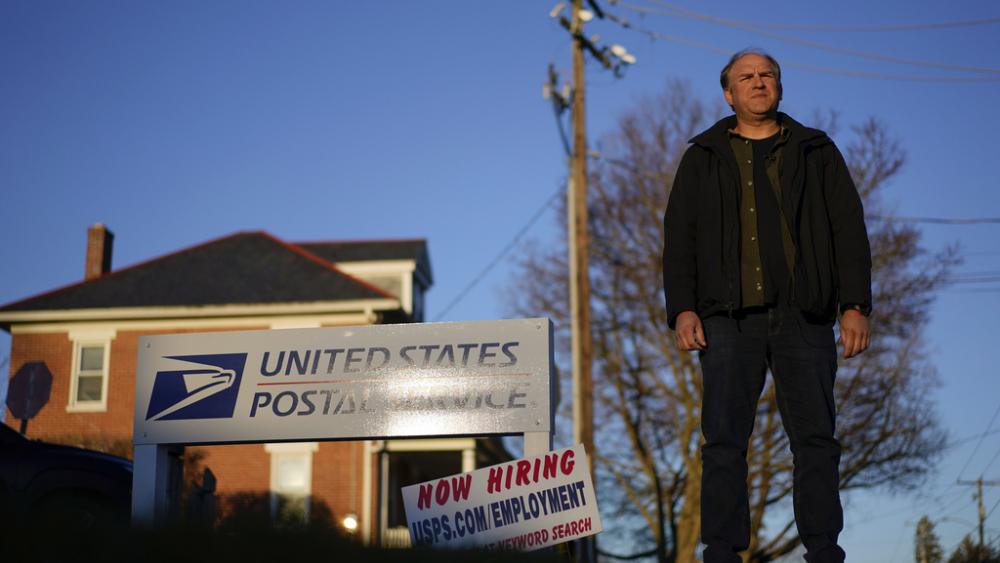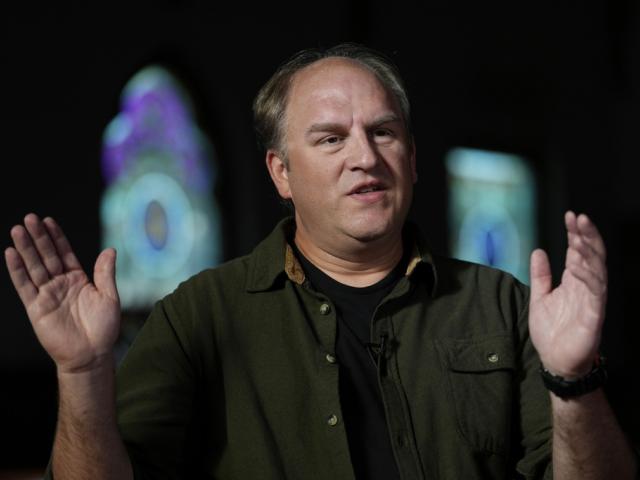WASHINGTON, D.C. – Supreme Court justices heard arguments Tuesday in a religious freedom case that could have far-reaching implications about religion in the workplace.
The case, Groff vs. DeJoy, involves a former mail carrier who refused to work on Sundays because of his Christian faith and observance of the 4th Commandment –to remember the Sabbath.
The plaintiff, Gerald Groff, said he chose postal work because there used to be no Sunday mail delivery.
When the Postal Service started delivering packages on Sundays, he sought a religious accommodation from his employer, but that ultimately didn't work.
WATCH: Judicial Crisis Network's Carrie Severino Says Supreme Court Can Erase Its Serious Mistake
Groff worked as a mail carrier in rural Lancaster County, Pennsylvania, from 2012 until he resigned in 2019. He says he had no other choice after the Postal Service refused his Sunday sabbath religious accommodation.
Groff says initially, when the Postal Service started delivering Sunday packages for Amazon, he found agreeable ways not to work on Sundays. Eventually that changed, leading to disciplinary action, and he left the USPS.
His lawyers told justices religious accommodations in the workplace need to be observed.
Aaron Streett, Groff's attorney, commented, "There's no reason religious workers should receive lesser protection than those covered by other accommodation statutes."
Part of the case is the interpretation of an "undue hardship" on an employer. A 1977 SCOTUS ruling known as Hardison established that employers don't have to meet religious accommodations if there is even a minimal burden on the business.
The Biden administration argued that Groff's absences created that hardship for the postal service.
U.S. Solicitor-General Elizabeth Prelogar argued, "His absences created direct, concrete burdens on other carriers who had to stay on their shifts longer to get the mail delivered. That caused problems with the timely delivery of mail and it actually produced employee retention problems with one carrier quitting, another carrier quitting, and another filing a union grievance."
 Following the oral arguments, Groff and his attorneys seemed optimistic that the justices would side with them.
Following the oral arguments, Groff and his attorneys seemed optimistic that the justices would side with them.
Groff said, "It's important to stand for what you believe, and hope the court will stand with us today."
First Liberty Institute"s Kelly Shackelford, who is supporting Groff in his case, said, "No American should ever have to choose between their faith and their job."
Three of the current justices have signaled that they are open to revisiting the Hardison decision, and the current 6-3 conservative majority on the court could be more favorable to religious liberty claims.
A decision on the case is expected before the end of June.
Did you know?
God is everywhere—even in the news. That’s why we view every news story through the lens of faith. We are committed to delivering quality independent Christian journalism you can trust. But it takes a lot of hard work, time, and money to do what we do. Help us continue to be a voice for truth in the media by supporting CBN News for as little as $1.











 Support CBN News
Support CBN News








